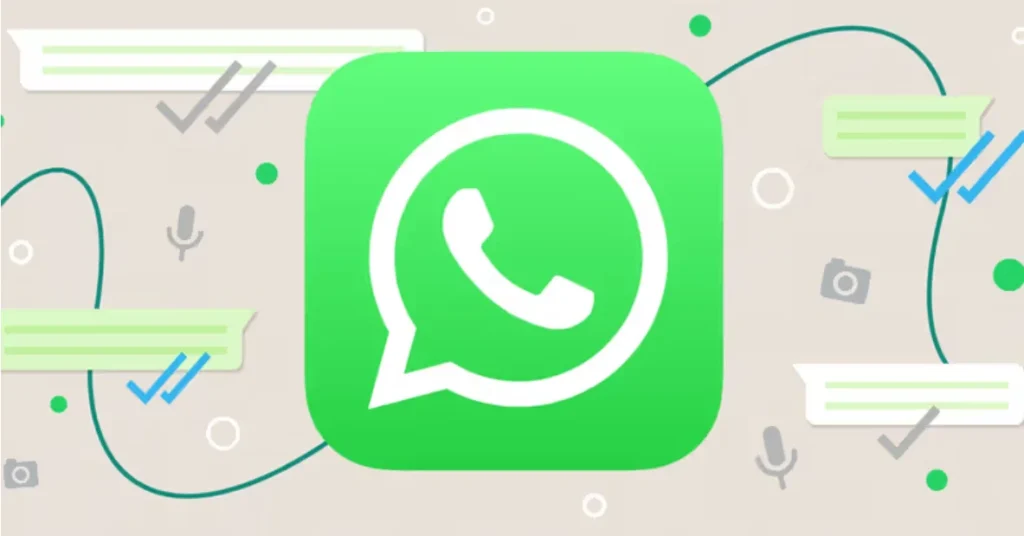The U.S. House of Representatives has officially banned Meta Platforms’ WhatsApp messaging app from government-issued devices, citing serious cybersecurity concerns, according to a new memo issued to House staff.
WhatsApp Deemed High-Risk by House Cybersecurity Office
In a memo circulated on Monday, the Office of Cybersecurity labelled WhatsApp a “high risk” application, warning of:
- Lack of transparency in data protection
- Absence of stored data encryption
- Potential vulnerabilities and security risks
The notice, issued by the Chief Administrative Officer of the House, instructed staff to remove WhatsApp and opt for more secure alternatives such as
- Microsoft Teams
- Amazon Wickr
- Signal
- Apple iMessage and FaceTime
Meta Responds: Disputes Claims, Defends WhatsApp Security
Meta, the parent company of WhatsApp, expressed strong disagreement with the ban.
“We disagree with this decision in the strongest possible terms,” a company spokesperson stated, emphasizing that WhatsApp offers industry-leading security, including end-to-end encryption.
Meta further argued that some of the apps listed as alternatives do not meet the same encryption standards or have previously lacked transparency themselves.
Background: WhatsApp and Past Security Incidents
The decision follows a series of security incidents that have drawn scrutiny. In January 2025, WhatsApp reported that Paragon Solutions, an Israeli spyware firm, had targeted numerous users, including journalists and civil society figures. Though WhatsApp has taken steps to enhance platform security, lawmakers remain cautious about the app’s susceptibility to surveillance and data misuse, especially on official government devices.
Not the First Ban: TikTok and Others Previously Blocked
This is not the first time the House has restricted the use of consumer apps on official devices. In 2022, TikTok was banned from House-issued smartphones and tablets due to growing national security concerns related to its Chinese ownership. The recent WhatsApp ban reflects the U.S. government’s increased focus on digital privacy and cybersecurity risks tied to foreign interference, surveillance threats, and opaque data practices.
Implications: What It Means for Government Communication Tools
As digital communication becomes essential in government operations, platforms used by officials must meet strict security and transparency requirements. The WhatsApp ban reinforces the U.S. House’s commitment to protecting sensitive data and minimising cyber risk exposure.












